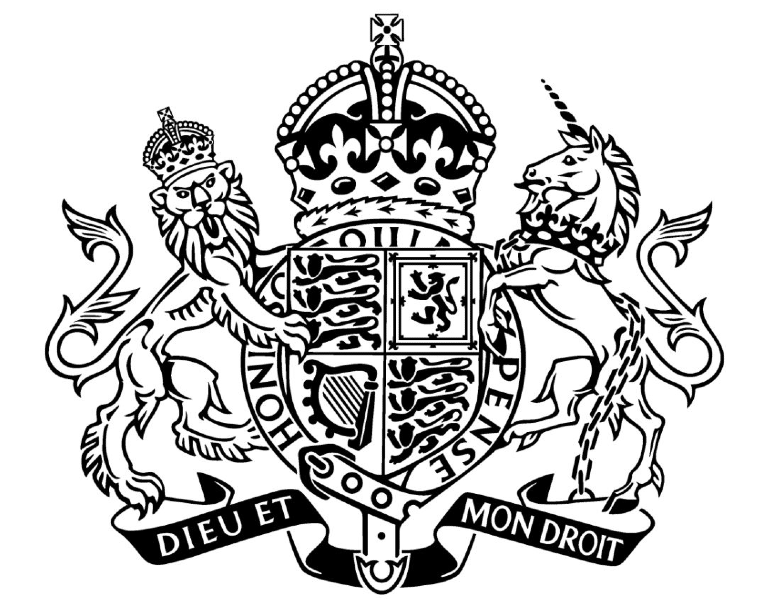A coroner is an independent judicial office holder, appointed by the local authority. Coroners are usually lawyers who work within a framework of law passed by Parliament.
The law requires certain types of death to be reported to a coroner.
When a death is reported to the coroner, preliminary enquiries will be made to see if an investigation is required. Coroners must investigate a death if there is reason to suspect the -
- cause of death is unknown
- cause of death was unnatural; or
- deceased was in state detention, for example in prison at the time of their death
The coroner's investigation involves establishing who has died, where and when they died and how (not why) they died.
The police, hospital doctors and an individual's GP will refer a death to the coroner where necessary.
Coroner's officers
A coroner's officers assist the coroner to complete their investigations. Coroner's officers will gather the information needed from the -
- family
- doctors
- hospital staff
- police
They will also get documents from those who may have witnessed the death and anyone else who the coroner decides is an ‘interested person’ in the investigation.
A coroner's officer will act as a single point of contact for the deceased family and next of kin and keep them informed of enquiries.
If you want to tell the coroner about concerns you have relating to a recent death you can do this using the below form, this should ideally be done within 14 days of commencement of the coroner's investigation.
Coroners enquiry form
Coroners may use information discovered during their investigation to assist in the prevention of other deaths.
 East Riding and Hull Coroners Service
East Riding and Hull Coroners Service
 East Riding and Hull Coroners Service
East Riding and Hull Coroners Service